The Science Museum Group’s mission to inspire futures acts as our ‘North Star’ for the creative exploration of science, for building science literacy, and for inspiring the next generations of scientists, inventors and engineers.
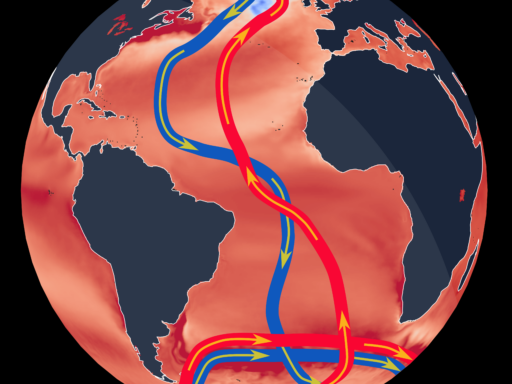
A major ocean current that regulates global temperatures – and gives the UK mild winters – is weakening due to climate change. Science Director Roger Highfield describes a new study which suggests it may avoid collapse this century, thanks to powerful winds that whip around Antarctica.
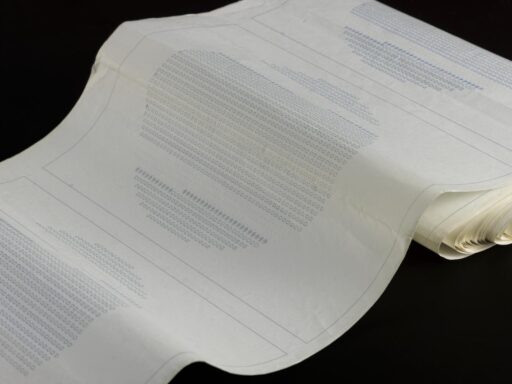
As climate scientists worry that the Earth may tip beyond a point of irreversible climate change, new research suggests that even the simplest computer model is vulnerable to such tipping points. Roger Highfield, Science Director, reports.
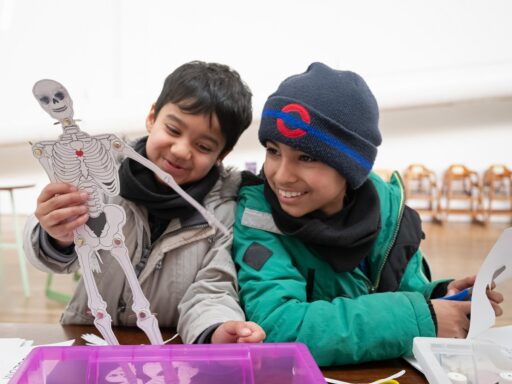
The innovative events programme has helped transform museum visits for families who need a quieter environment to enjoy the museum, particularly for family members on the autism spectrum or with sensory processing differences.
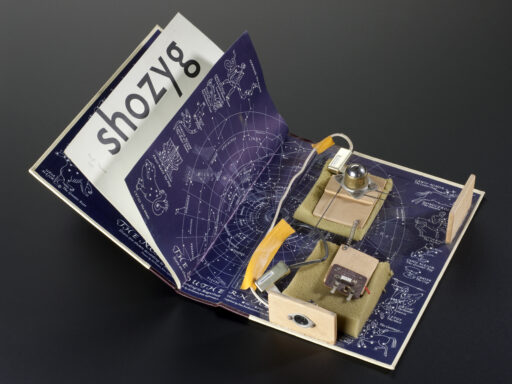
Curated by composers Gavin Bryars, Shiva Feshareki, and Sarah Angliss, a musical performance, Time Loops, is taking place at the Science Museum and National Science and Media Museum. Tim Boon, Head of Research and Public History at the Science Museum Group, and Ed McKeon, Principal Investigator for Time Loops, explain more.
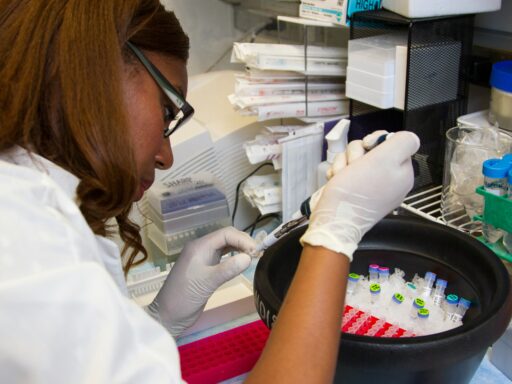
A global survey of attitudes towards science is reassuring, though suggests scientists need to do more to engage with the public, says Science Director, Roger Highfield.
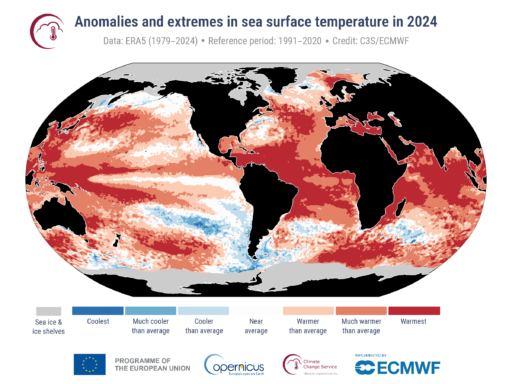
Climate scientists are investigating whether a two-year temperature surge is a blip or means that global warming is accelerating. Roger Highfield, Science Director, reports.

In the 1990s, the Isle of Wight launched an HIV prevention campaign that came with beer mats, stickers and mugs adorned with a new superhero: Captain Condom.
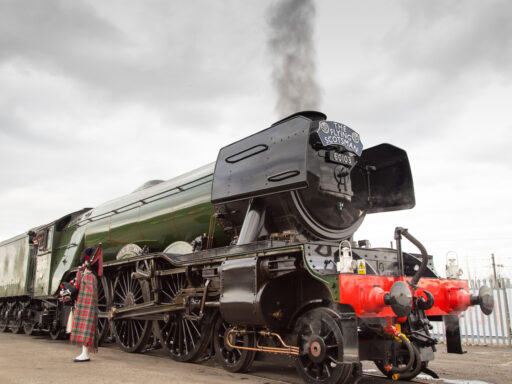
As we celebrate the tenth anniversary of the Science Museum Group Journal, its creator and Editor picks ten articles to celebrate the highlights of the decade.
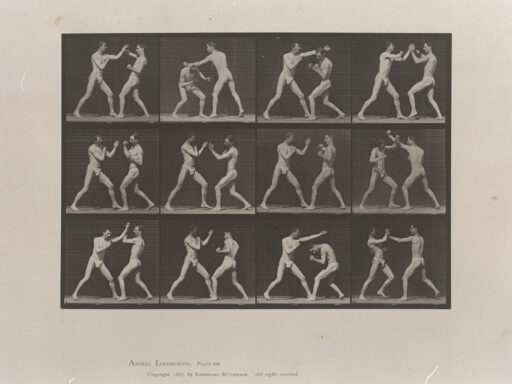
Where does the power in a punch come from? How did records in sport become something to be broken? How was the idea of the rematch invented? Scott Anthony, Deputy Head of Research and Public History, steps into the ring to explore the sweet science of boxing.
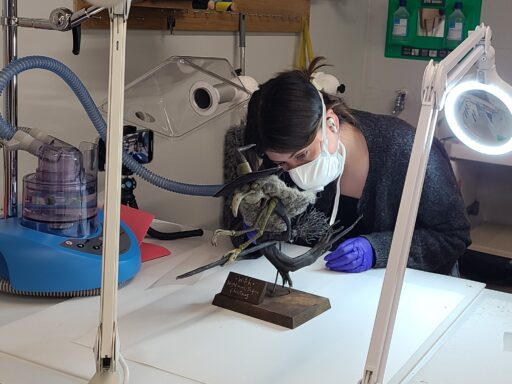
From a Halloween trick to a Christmas present: Conserving a model from The Nightmare Before Christmas
Is Tim Burton’s The Nightmare Before Christmas (1993) a Halloween film or a Christmas movie? Sky-Lyn Munoz takes a model from the cult classic and works to take it from a trick to a treat.
A tumultuous end to the annual climate negotiations saw the formalisation of a global carbon market and a climate finance deal that leaves many nations dissatisfied. Science Director, Roger Highfield, reports